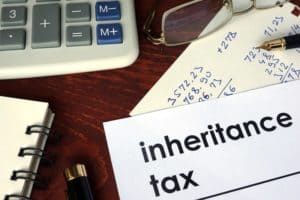Most gifts made during a person’s life are not subject to tax at the time of the gift. These lifetime transfers are known as ‘potentially exempt transfers’ or ‘PETs’. The gifts or transfers achieve their potential of becoming exempt from Inheritance Tax if the taxpayer survives for more than seven years after making the gift. There is a tapered relief available if the donor dies between three and seven years after the gift is made.
The rules are different if the person making the gift retains some ‘enjoyment’ of the gift made. This is usually the case where the donor does not want to give up control over the assets concerned. These gifts fall under the heading of ‘Gifts With Reservation of Benefits rules’ or ‘GWROBs’. A common example is where an elderly person gifts their home to their children (who usually live elsewhere) and continues to live in the house rent-free.
There is an interesting exception to the GWROBs rules that occurs when there is a gift of an ‘undivided shares of land’. This can happen when for example an adult child moves in with a parent and the parent transfers the home into joint ownership (usually a 50:50 split). Where the two people jointly occupy the property and share the outgoings then HMRC will accept that this is not a GWROB. However, the relief is not straightforward and HMRC will carefully examine such arrangements to ensure that they meet the necessary requirements for relief.
Planning note
If you are contemplating any of the arrangements set out in this post please call to clarify that no adverse tax consequences will occur as a result.







